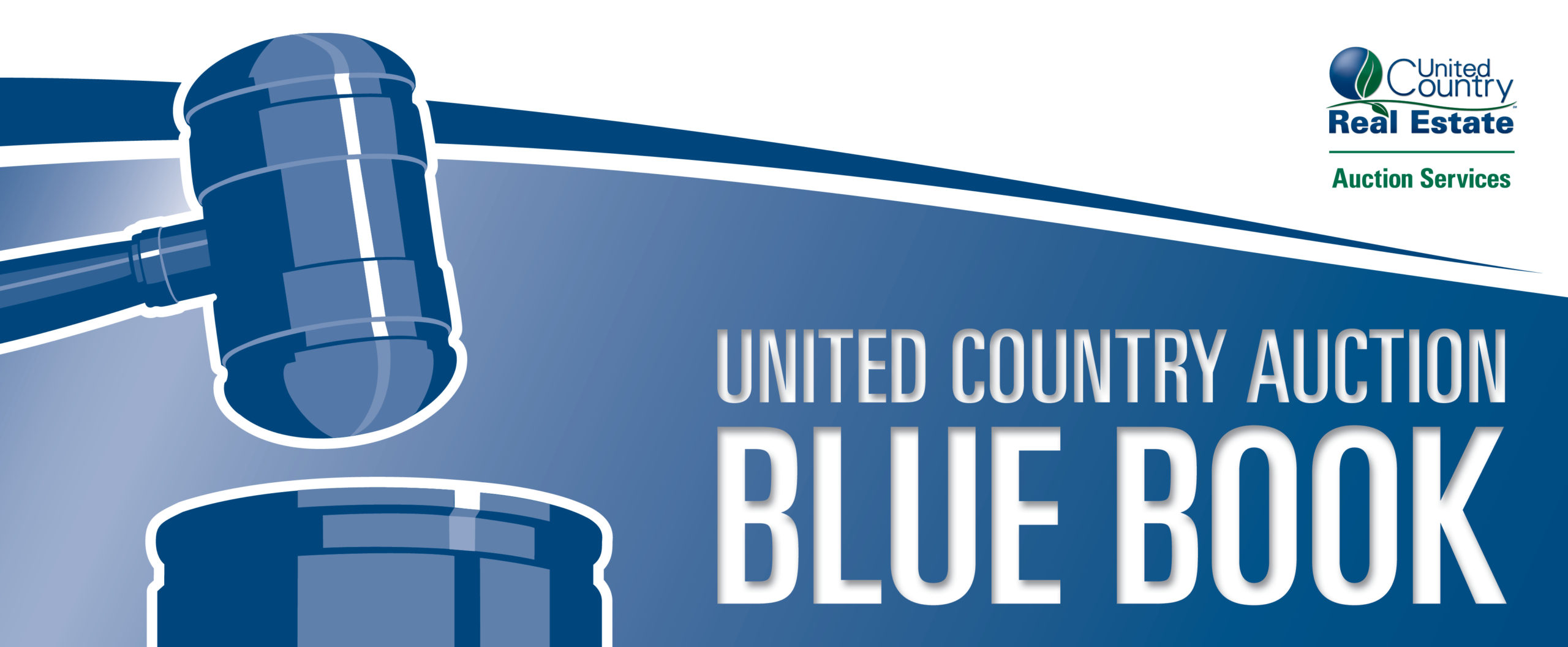AUCTION LICENSE LAWS
In the United States, all sorts of professions require licensing. Whether it is your hairdresser, doctor, dentist, plumber, electrician, bartender or pawn broker, licensing standards can differ widely from state to state, and the fields and occupations which states require to be licensed may differ widely. An auction license, auction firm license and/or auctioneer license is no different. About half the states in the US require comprehensive auction licensing. Those that do can also vary their licensure by county, region or product segment. Some license in a comprehensive manner and others require a simple permit or other formality. Likewise, some states require schooling, testing, apprenticeship, bonds, continuing education and fees, while others require some or none of these.
While there are a few comprehensive lists available online to review state license law summaries (we especially like this one from our friend Mike Brandly’s auction blog, or this one from the National Auctioneer License Law Officials Association a.k.a. NALLO), your best option to research the applicable laws and requirements in your state or area are by visiting your Secretary of State’s website and checking with your state Professional Licensing or Auctioneer Licensing Boards.
License states generally consider a person or business entity as engaging in the auction business if they satisfy any of the following components:
- Hold themselves out as an auctioneer – if a person or entity is telling the public they are an auctioneer, putting up an auction sign, publishing a website or marketing campaign, or otherwise presenting themselves at conducting an auction – they must be licensed.
- Contract for auctioneering services – if a person or entity signs an auction contract with a seller or another auctioneer – they must be licensed.
- Perform bid calling, either for a seller or in assisting another auctioneer – if a person or entity bid calls for their own auction or at another auctioneer’s auction – they must be licensed.
Not all state licensing is created equal and some states offer some exemptions to licensing; these exemptions typically fall into one of these categories:
- Court ordered auction or an auction conducted under public authority
- Owner selling his own property at auction, if that property was not acquired for the purpose of resale
- Note: Only applies if the items were acquired for some other purpose than resale of the items.
- An auction sponsored by a 501(c)(3) or nonprofit organization, if the auctioneer is not compensated
- Notes: This typically only applies if the auction is for an entity currently designated by the IRS as a 501(c)(3) or nonprofit. This does not apply if any type of compensation (including non-monetary compensation, transfers or exchanges of assets) is conducted between the parties tied to the auction.
Other common auction license misconceptions include auctioneers that think they “don’t need an auctioneer’s license” because:
- “They’re working in partnership, or with another licensed auctioneer.”
- Note: This is not an exemption in any license state. A holder of any occupational license cannot assign that license to anyone else and cannot alter their license to give another person some or all of those rights. If a person or entity is conducting any of the components listed above, they need to have their own auction/auctioneer license and/or have a licensee operate those duties.
- “Their home state has a reciprocal arrangement with this license state.”
- Note: Only if the auctioneer actually holds the reciprocal license required in the state they’re conducting the auction business in.
- “They have a license in their state, so they can auctioneer anywhere.”
- Note: Professional licenses don’t work this way.
- “They’re not taking possession of the property, nor the proceeds.”
- Note: License requirements don’t require possession of either (applies to both personal property and real estate sales).
As you can see, auction license laws and regulations can vary greatly between the states and jurisdictions. While it may seem overwhelming, the penalties for violating these laws and the potential liability it could cause yourself and/or your business would likely be far more severe than if you had just done your research and operated with an auction license when one is required.
